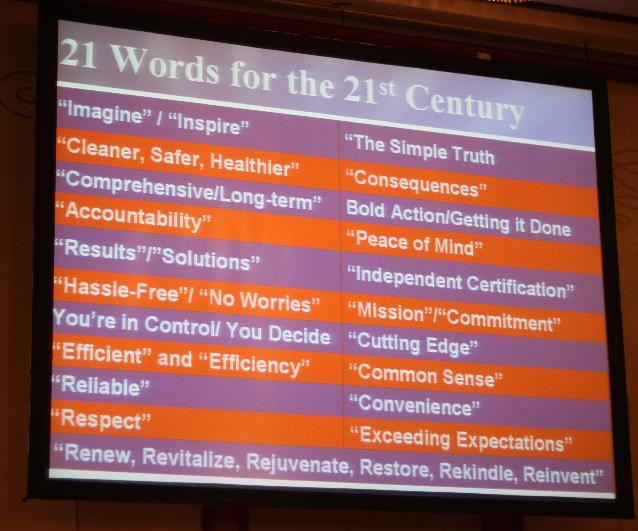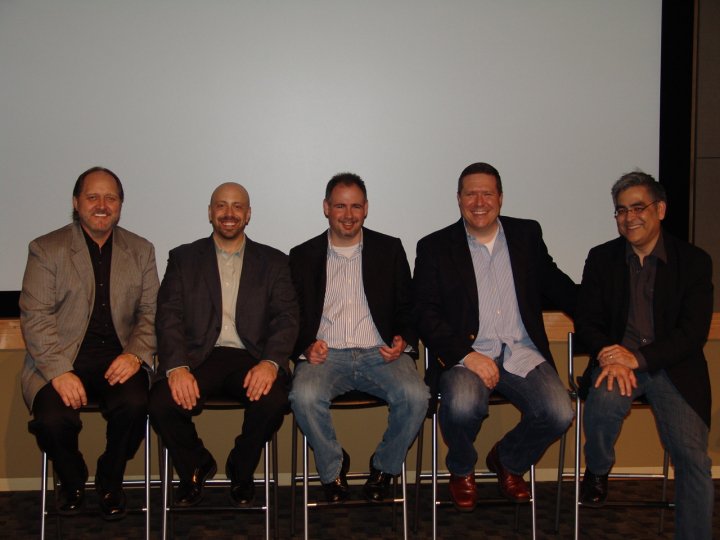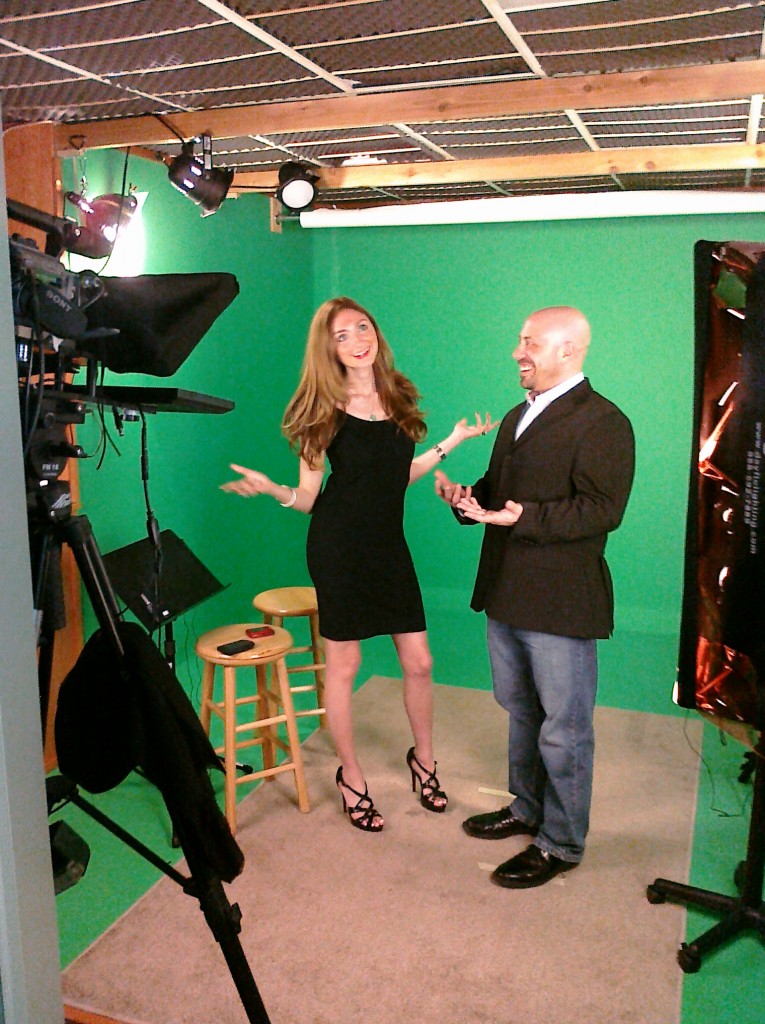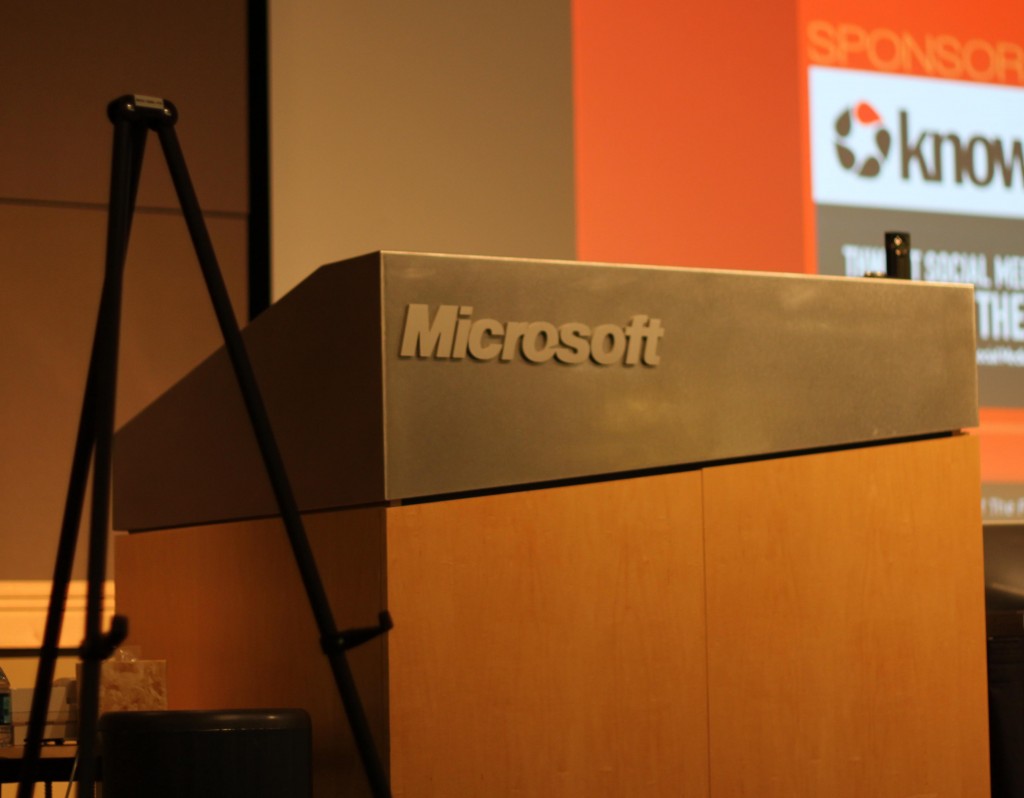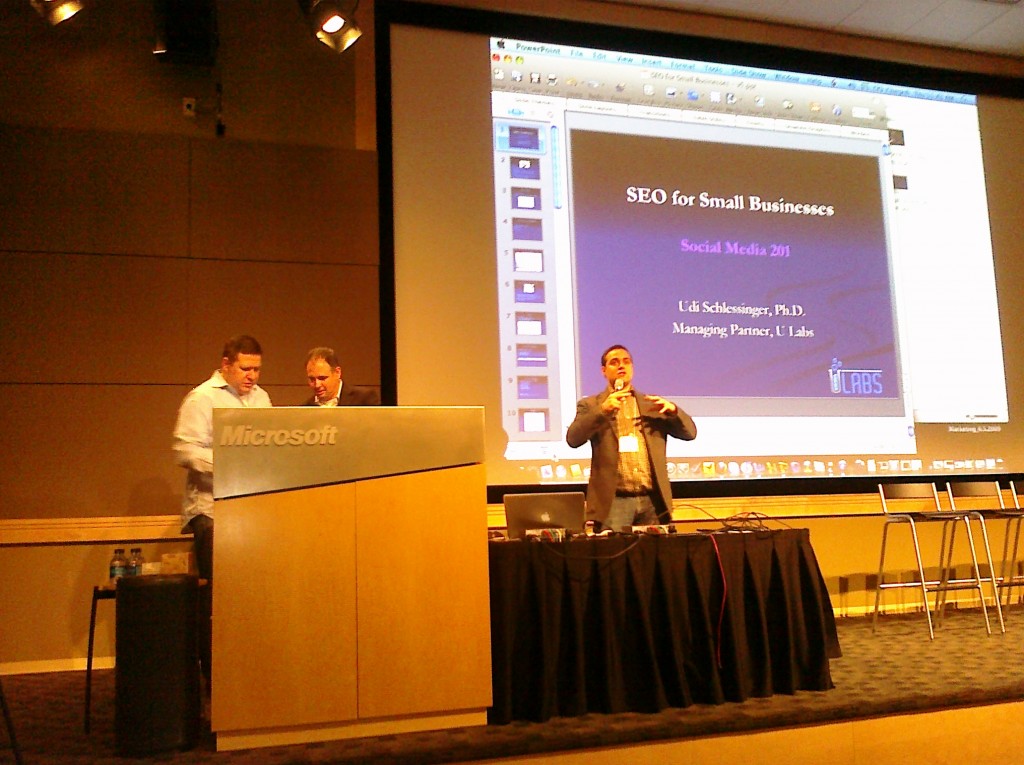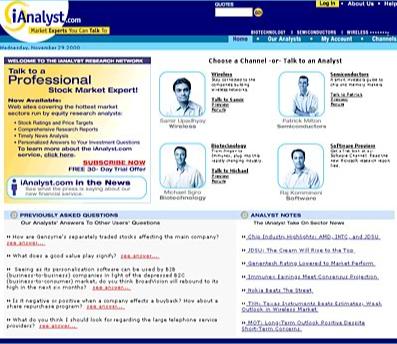This post is based on the excellent session, “Crowdsource Your Success”, that was given in Affiliate Summit East 2010 though I expanded it and added my own perspective.
Crowdsourcing is becoming increasingly popular these days. According to Wikipedia, Crowdsourcing “is the act of outsourcing tasks, traditionally performed by an employee or contractor, to a large group of people or community (a crowd), through an open call“.
Using Crowdsourcing, you can submit a job description and get multiple bids each already satisfying the specifications you desire. Since you get multiple people trying to create what you want, the results are potentially diverse and can be surprisingly creative. Of course, this is usually more expensive than just using regular outsourcing sites such as oDesk or Elance – but the disadvantage of those is that no matter how good your contractor, you are ‘stuck’ with a single design.
Crowdsourcing works because of the ‘wisdom of the crowds’ principle: the idea that a crowd – a collection of individuals – is much more likely to get the right answer than a single individual.
A good example is the game show “Who wants to be a millionaire?”. Asking the audience for the answer is more likely to result in the right answer than asking your friend or Regis Philbin.
This principle has been adopted by computer science as well (and probably other fields). In my academic career I used to create multiple artificial neural – instead of a single one – networks that solved a problem. The right solution was determined by taking the solution that the largest number of networks ‘voted’ would work best.
Here are some suggestions given at the talk to get the maximum from crowdsourcing:
- You reap what you sow: define your project properly or you may get something very different from what you had in mind.
- Tight deadlines are very effective as people like discovering quickly whether they’ve won a bid.
- Don’t be a jerk: Designers thrive on feedback, give feedback and recognition.
- The project has to require your involvement: a crowdsourcing project is not ‘set and forget’.
- Keep it simple: be realistic in your expectations and ask for what is reasonable.
- Don’t be too cheap: most people aren’t going to be paid, so keep this in mind.
- Announce there will be multiple winners to boost designer participation (assuming that is the case!)
Until the talk in Affiliate Summit, I (naively) thought crowdsourcing is limited to graphic design/web design and 1-2 other types of applications. I was mainly familiar with 99design.
The following is a list of crowdsourcing resources given at the talk. I had no idea there were so many! When I’ve done a Google search I found even more though it’s hard to tell which are good. If you are familiar with anything that is not included and is a good resource, please let me know and I’ll add it.
Note that I’m still looking for a place to crowdsource copywriting (sadly, not my strength!) – so if you are familiar with a good site for that purpose, suggestions would be welcome.
Banner, landing page and graphic design
99designs: the most well known resource for Crowdsourcing.
Landing page optimization:
FiveSecondTest: allows you to get quick feedback on landing page designs.
- Are your calls to action standing out? Get people clicking on hot spots
- Can visitors understand what the site is about?
- Give viewers a memory test: what can they remember about the landing page?
PPC management
Trada: Allows you to turn over PPC management to a group of AdWords qualified professionals.
Ad copy
BoostCTR: allows you to outsource your ad copy so that your CTR is boosted. Guaranteed improvement!
Videos
GeniusRocket: professional videos and animations.
Product development
Quirky: submit new ideas for products or influence products currently in production (and earn cash)
Feature Requests
UserVoice: a giant suggestion box. You get a lot of comments which are prioritized. Best ideas are voted to the top.
SuggestionBox
Software development
TopCoder: an excellent resource for software developers.
Find JV partners
Jigsaw: a massive crowsourced database of contact information
Content writing
Spudaroo: useful for web content as well as resumes, leases, etc.
Beta Testing
UserTesting: usability testing for your website.
CrowdFlower
Ideas/Names
Amazon Mturk: Although the Amazon Mechanical Turk is not exactly a crowdsourcing resource, by offering to pay a small amount for ideas, you can effectively crowdsource names. An example was given of a person who paid $27.50 to get name ideas for his iPhone app (the result was iReadFast). Note that there used to be a site (which I vaguely remember) that was used for this purpose but has been apparently closed.


